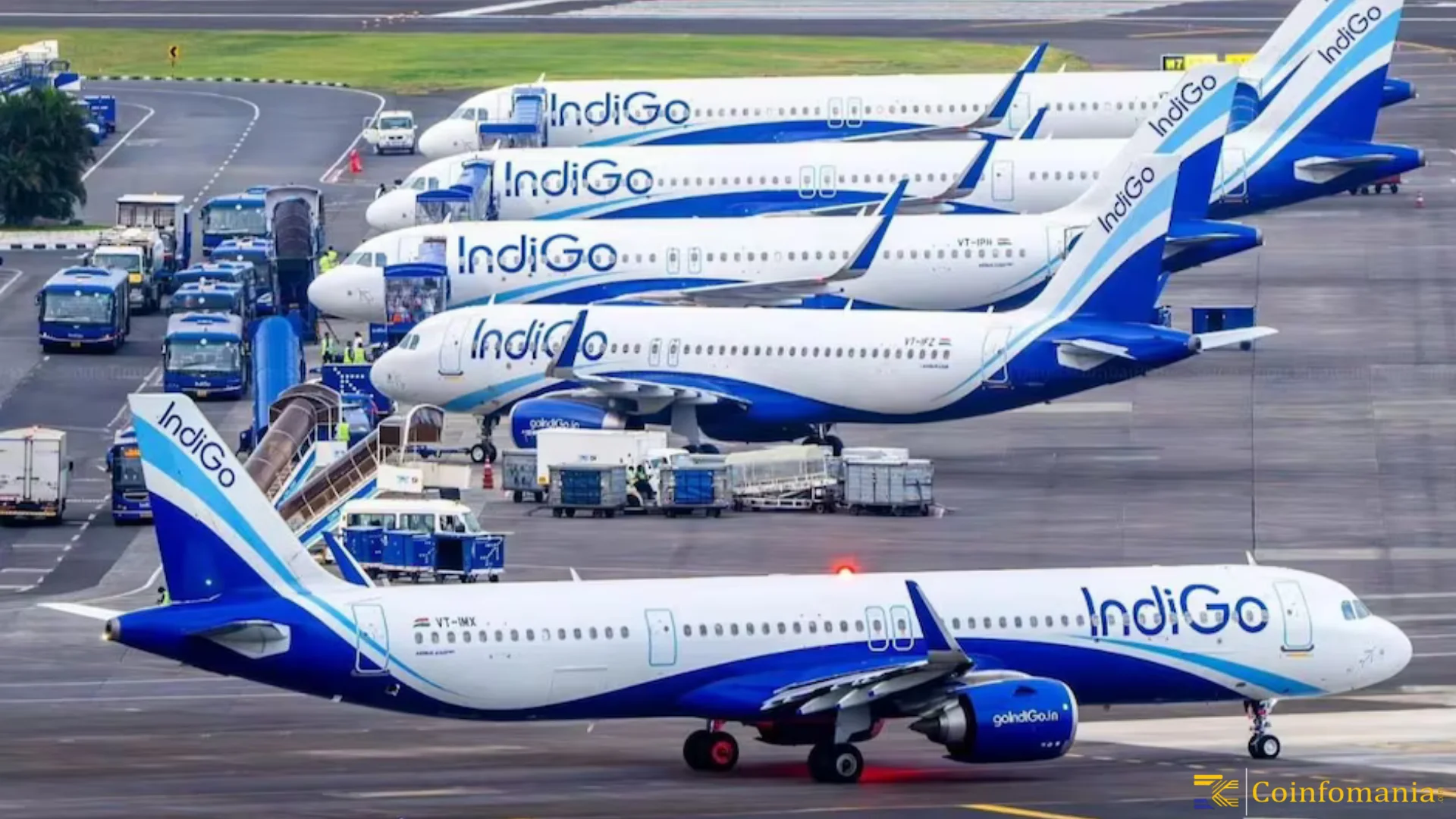Airlines Reroute From Middle East Airspace Rise Global Risks
0
0

On June 22, Reuters reported that commercial airlines were rerouting flights around the Middle East airspace after U.S. airstrikes on Iranian nuclear facilities. As per FlightRadar24 highlights, carriers stood outside the skies of Iran, Iraq, Syria, and Israel. Air traffic shifted north via the Caspian Sea and some to the south through Egypt and the UAE. This follows rising missile activity since Israel’s June 13 strikes on Iran. Japan and New Zealand have already begun evacuations. Equity markets are reacting, with crude prices under pressure due to risk around the Strait of Hormuz. IndiGo and SpiceJet face operational and margin challenges amid escalating geopolitical tension.
Airlines Steer Clear of Middle East Airspace After June 22 Strikes
Airlines avoided large sections of Middle East airspace after the June 22 U.S. strikes on Iranian nuclear facilities. FlightRadar24 reported unchanged routing patterns since new restrictions began last week. Commercial air traffic is now not in war-prone areas such as Iran, Iraq, Syria, and Israel. Detour includes the Caspian Sea, South Egypt, and the UAE. These ways increase travel time, fuel, and crew costs. Since June 13, airlines have suspended flights to war areas. Missile activity and growing regional conflicts have made civilian aviation operations increasingly risky. Airlines now calculate safety alongside commercial viability while planning routes through the Middle East airspace.
Japan and New Zealand Begin Evacuations from the Iran Region
Japan’s foreign ministry evacuated 21 people, including 16 Japanese nationals, from Iran to Azerbaijan by land. The operation took place on Sunday, marking the second such action since June 20. New Zealand’s government announced the deployment of a Hercules C-130J military transport aircraft. The aircraft will leave Auckland on June 24 and take several days to reach the Middle East airspace. The defense ministry also confirmed discussions with commercial airlines for added support. The aim remains to assist citizens quickly in case the conflict spreads further across regional borders.
Crude Oil Market Reacts to Tensions in Middle East Airspace
Nuvama Institutional Equities warned that rising Iran-Israel tensions may push oil prices to $100 per barrel. The closure of the Strait of Hormuz, which moves 15% of global oil, remains a significant risk. A 30% risk of closure could still trigger oil prices to rise to $85 per barrel in the short term. Choice Broking projects crude oil could hit $95 per barrel if tensions do not ease. This volatility already reflects a war premium. Any escalation in missile activity near the Strait or prolonged closure of Middle East airspace could disrupt global energy supply chains.
IndiGo, SpiceJet Face Rising Operational and Margin Pressures
Scheduled flights in Q1 FY26 are set at 3,46,000, marking an 11% year-on-year rise. Domestic traffic is growing 8%, while international flights are expected to jump 27%. IndiGo’s scheduled flights will rise 11%, with a 9% domestic and 33% international increase. Market share for April stood near 64%. Nuvama highlighted IndiGo’s limited ability to pass oil cost spikes. Pakistan’s airspace closure could directly impact EBITDAR by 1–3% in FY26E.
Foreign carriers’ advantage may threaten IndiGo’s 30% international passenger growth target. Brokerages retained ‘HOLD’ ratings for IndiGo and SpiceJet. SpiceJet has mixed recommendations of one buy, one hold, and one sell. InCred Equities forecast full fleet operation by FY27 and valued the business at 8x FY27F EV/EBITDAR. High domestic traffic remains an upside risk. However, continued pressure on profit margins poses downside risks as regional unrest continues to weigh on operations and costs in the Middle East airspace.
Outlook and Impact on Aviation and Markets
Rerouting over the Middle East airspace is expected to continue as military tensions remain unresolved. Increased operating costs and geopolitical volatility threaten airline profitability and schedule reliability. Oil markets may face sustained pressure if the Strait of Hormuz becomes fully compromised. This risk continues to influence equity recommendations for aviation stocks. Flight safety concerns will likely persist through Q2 FY26. Operational resilience and strategic agility will remain critical as airlines, investors, and governments respond to a rapidly shifting regional environment.
The post Airlines Reroute From Middle East Airspace Rise Global Risks appeared first on Coinfomania.
0
0
 Manage all your crypto, NFT and DeFi from one place
Manage all your crypto, NFT and DeFi from one placeSecurely connect the portfolio you’re using to start.




